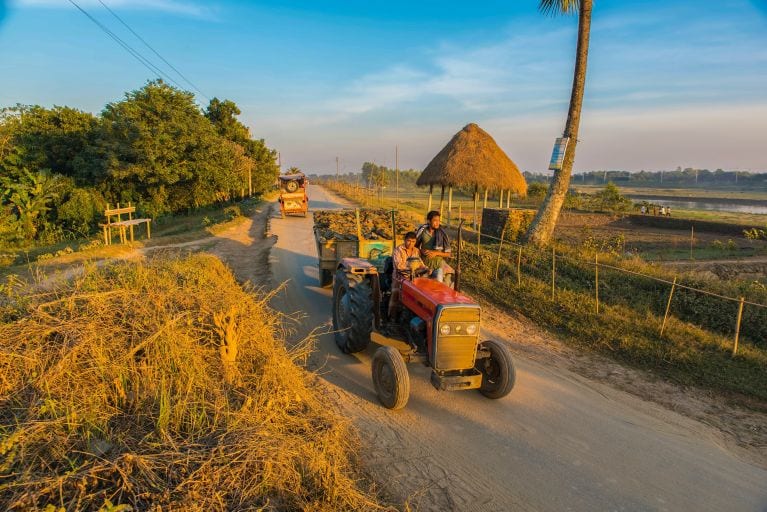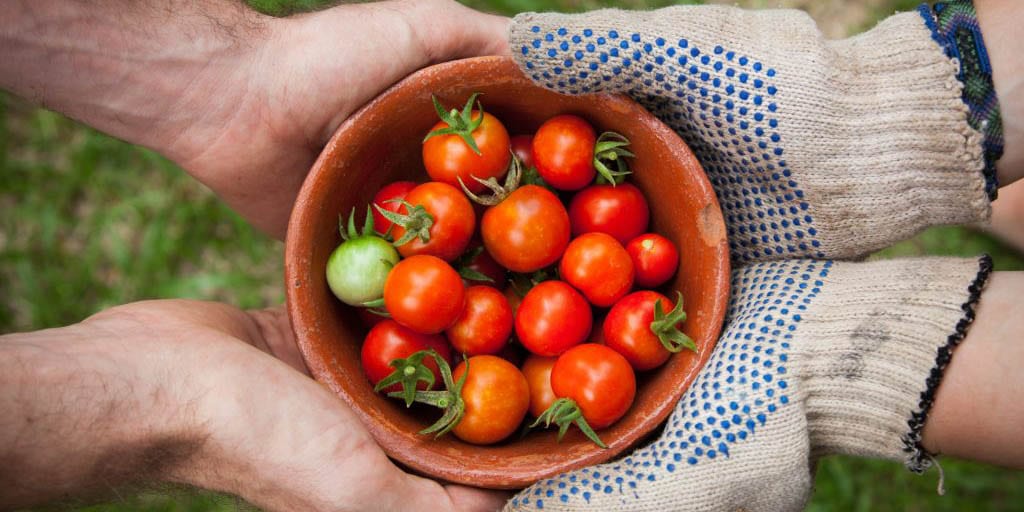Agriculture
News

Introducing the UNEP-University of Oxford Sustainable Budgeting Approach
The jointly develped UNEP-University of Oxford Sustainable Budgeting Approach (SBA) is a decision-support tool designed to help policymakers identify and resource strategic policy opportunities that promote national economic development while

Agricultural Policy Monitoring and Evaluation 2023 (OECD)
The OECDs annual report monitors and evaluates agricultural policies in 54 countries, including the 38 OECD countries, the five non-OECD EU Member States, and 11 emerging economies. It finds that
Budgeting for Sustainable Development – GFPN – University of Oxford COP26 side-event
How can fiscal policy support socio-economic development, and the environment? Join H.E. Minister Lee White of Gabon to explore new practical methods for understanding potential policy impacts during budget planning.
Reports

Agricultural Policy Monitoring and Evaluation 2023 (OECD)
The OECD has released its new Agricultural Policy and Evaluation report for 2023. This annual publication monitors and evaluates agricultural policies in 54 countries, including the 38 OECD countries, the five non-OECD EU Member States, and 11 emerging economies.

Detox Development: Repurposing Environmentally Harmful Subsidies (WB)
A new World Bank report examines how subsidy reform can help safeguard the world’s foundational natural assets – clean air, land, and oceans. These assets are critical for human health

Taxation of Agricultural Land in Europe: A Comparative Approach
Considering the large area of agricultural land in the EU, taxation of agricultural land is a significant subject to EU states and has important effects on sectors like agriculture, urban
Policy Briefs

Landscape of Climate Finance for Land Use in Brazil – Agricultural Credit Policy (CPI Repost)
Rural credit is the primary climate finance instrument for land use in Brazil, amounting to an average of US$ 3.2 billion/year between 2015 and 2020. This value, however, represents only

Food Finance Architecture: Financing a Healthy, Equitable and Sustainable Food System
Today’s food systems generate $12 trillion in hidden social, economic, and environmental costs. It prioritizes volume over nutritional value, fails to pay a living wage while creating sizeable profits for a concentrated set of players, and treats the natural environment as an infinite resource – resulting in massive waste and undermining the stability of the entire food system and global economy.

Fiscal policies to support sustainable agriculture (UNEP, 2019)
This policy brief explores the role of fiscal policies in creating an enabling framework for a more sustainable agriculture and food production system. The main arguments–illustrated through country examples–point to



